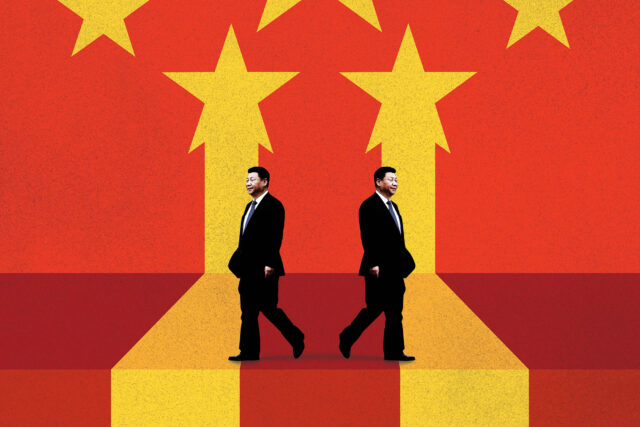Inspired by the Russian Revolution, the CCP was founded in 1921 on the principles of Marxism and Leninism. Tensions between the Communist Party and the nationalist Kuomintang erupted into a civil war won by the Communists in 1949. Despite market reforms in the late 1970s, the modern Chinese state remained a Leninist system. The party relies on three pillars such as control of personnel, propaganda, and the People’s Liberation Army (PLA). As the armed wing of the CCP, the PLA’s main objectives include protecting the party’s rule and defending the party’s interests.
The Chinese Communist Party (CCP) is the founding and ruling political party of modern China, officially known as the People’s Republic of China. The CCP has maintained a political monopoly since its founding a century ago, overseeing the country’s rapid economic growth and rise as a global power. As the party marks its one-hundredth anniversary in 2021, it faces challenges abroad and at home, including economic inequality, the COVID-19 pandemic, and the climate crisis. China’s rise as a geopolitical and economic power under an authoritarian one-party system has begun to offer a major challenge to the liberal democracy based on individual rights, multi-party elections, and rule of law. As not only China, but the different parts of the world are growing through the crisis in democracy, the US attempted to bring together the countries from all over the world together through the summit of democracy.
The Chinese did not attend the Summit of Democracies which had the participation of more than 100 countries and declared it as a show by the United States (US). On 4 December, five days before the meeting, China issued a White Paper called “China: Democracy that works” claiming their country to be a true spirit of democracy. With the end of the year 2021, the Chinese government has taken measures like passing a data protection law targeting private companies, taking a 1-per cent stake and a board seat in two other top companies ByteDance and Sina Weibo, toughening of regulations around the purchase of flats and houses to safeguard and establish more control of the government on the citizen of the country.









